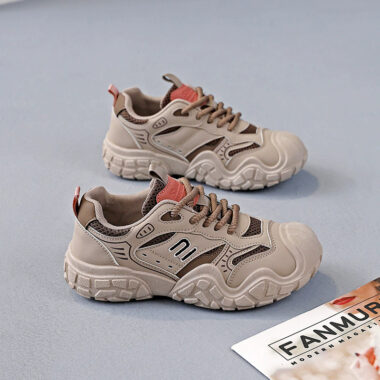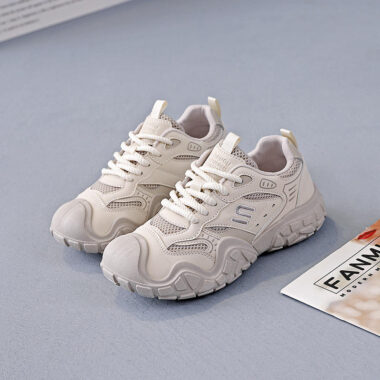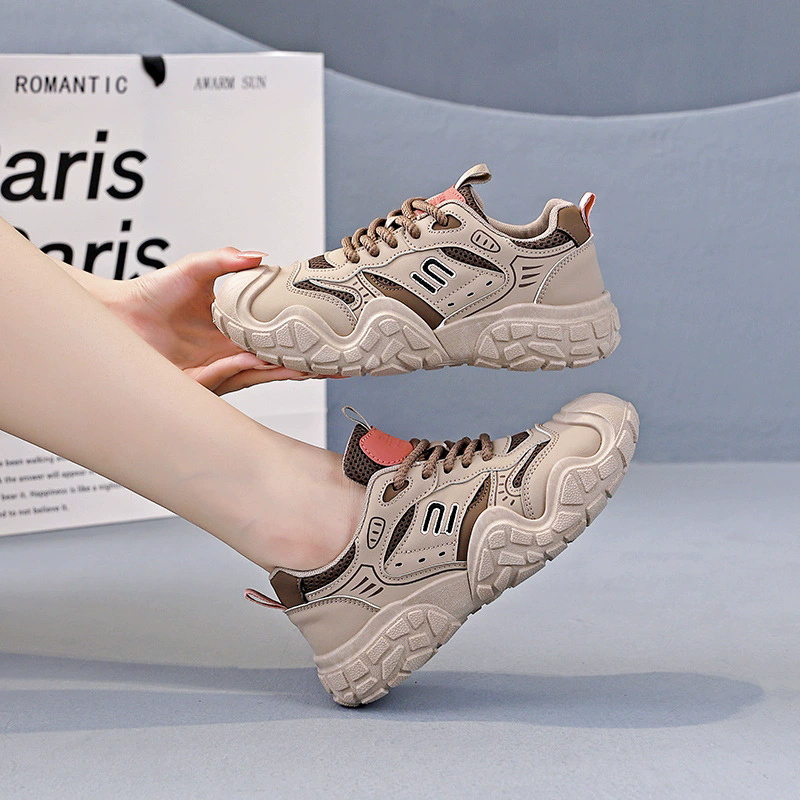MOQs That Work: Launching a Private-Label Sneaker Line Without Overbuying
Introduction: Why MOQ Strategy Matters
Launching a private-label sneaker line can be exciting but also risky. One of the biggest challenges is dealing with minimum order quantities (MOQs). For B2B buyers, ordering too little risks losing factory attention, while overbuying leads to excess inventory. By working with experienced Sneaker Manufacturers and leveraging flexible Sneaker Wholesale strategies, brands can launch successfully without unnecessary cost or waste.
📊 Understanding MOQs in Footwear
MOQs are the minimum number of pairs a factory is willing to produce in one run. They depend on:
-
Material sourcing – leather and specialty textiles require higher commitments.
-
Tooling and molds – new outsole or upper designs increase initial costs.
-
Production efficiency – smaller runs raise per-pair prices.
Understanding these factors helps buyers negotiate smarter with suppliers and prevent overproduction.
🧾 Benefits of Right-Sized MOQs
Getting MOQ strategy right provides multiple business advantages:
-
✅ Lower inventory risk – avoid tying up capital in slow-moving stock.
-
✅ Faster testing – test designs in the market before scaling.
-
✅ Improved cash flow – smaller runs mean less upfront cost.
-
✅ Flexibility – adjust based on seasonal demand.
Wholesale buyers who balance these benefits can stay competitive and agile in fast-changing markets.
👟 Partnering with the Right Sneaker Manufacturers
Factories vary in their MOQ requirements. When choosing suppliers, consider:
-
Custom flexibility – some Sneaker Manufacturers specialize in low-MOQ private-label programs.
-
Shared material pools – using standard outsoles or fabrics can reduce requirements.
-
Clear communication – upfront discussion on MOQ ensures smoother production planning.
The right partner will balance efficiency with flexibility, giving smaller brands access to professional-grade manufacturing.
📦 Using Wholesale Strategies to Scale
When MOQs feel too high, wholesale channels offer a bridge:
-
Bulk partnerships – multiple buyers pooling orders to meet factory minimums.
-
Off-the-shelf sourcing – selecting from existing designs via Sneaker Wholesale to test markets before customizing.
-
Seasonal adjustments – scaling orders in peak demand cycles and keeping them lean in slower months.
This approach lets brands build momentum without committing to excessive inventory.
🧪 Testing the Market Before Scaling Up
Instead of jumping into large production, brands should:
-
🔹 Order small test batches.
-
🔹 Gather retailer or consumer feedback.
-
🔹 Adjust sizing runs and materials based on demand.
This method saves cost, reduces risk, and improves long-term sourcing efficiency.
🌍 The Bigger Picture: MOQ as a Growth Lever
For B2B buyers, MOQ isn’t just a production requirement—it’s a strategic tool. Right-sized orders allow brands to:
-
📈 Launch faster with less risk.
-
💼 Improve long-term supplier relationships.
-
🌿 Reduce environmental waste by avoiding overproduction.
Conclusion: Smarter Sourcing for Private-Label Success
Launching a private-label sneaker line does not require massive upfront orders. By aligning with flexible Sneaker Manufacturers and leveraging Sneaker Wholesale strategies, buyers can enter the market confidently, test designs efficiently, and grow sustainably.




















